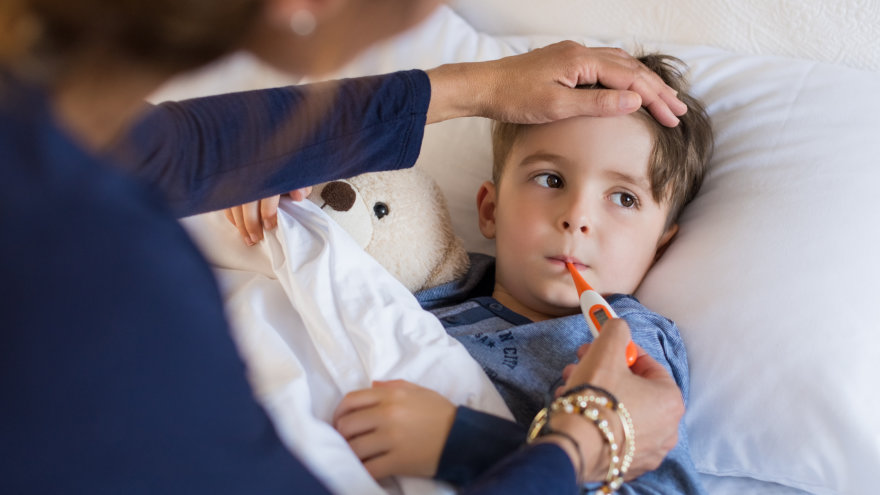Monkeypox: What You Need to Know

As of mid-June, the United States has reported 72 cases of Monkeypox across 18 states, making it the country’s largest Monkeypox outbreak ever. With more cases comes more questions: Where did it come from? How does it spread? What are the symptoms?
Gregory Warner, D.O., NorthBay Health’s infectious disease specialist, said that unlike the novel SARS-CoV-2 virus that causes the coronavirus, Monkeypox has been around for decades, mainly on the African continent. “In the past, we have seen some cases pop up in other areas of the world, but never like this,” said Dr. Warner.
Monkeypox is closely related to the smallpox virus that was eradicated in the United States decades ago, but Monkeypox is typically less severe in the average adult than smallpox.
“Most cases we are seeing in North America are more mild variants, and they’re self-limiting. But awareness and containment are important to limit the spread and protect vulnerable populations that will be more adversely affected,” cautioned Dr. Warner. Individuals with weakened immune systems and younger and older individuals can experience more dangerous symptoms, such as severe pneumonia or meningitis.
In North America so far, Monkeypox primarily has been transmitted through skin-to-skin contact and respiratory droplets. “A vast majority of the cases we are seeing have been linked to skin-on-skin contact and typically associated with sexual contact,” added Dr. Warner.
Most patients present with flu-like symptoms and a rash. Here are the typical symptoms of Monkeypox that average-risk adults are experiencing:
- Headache
- Fatigue
- Body aches
- Sweats
- Cough and upper respiratory symptoms
- A rash that is often on the soles of your feet and palms of your hands, but recent cases have had rashes pop up on other parts of the body
Sometimes, the rash starts with a little redness and a few bumps. Over time, the rash will spread and turn into small, fluid-filled blisters that eventually crust over.
If you believe you are experiencing these symptoms, be sure to call your primary care or urgent care facility first. “We want to contain this, and different offices have protocols to protect their staff and other patients,” said Dr. Warner.
Anti-viral treatments are not currently recommended as a treatment, according to public health officials, except in unique cases. Doctors will discuss treatments with their patients, taking into account their risk factors.
At NorthBay Health, our doctors and medical staff are vigilant and seek Dr. Warner’s expertise if a suspected case comes in. “If someone comes in with flu-like symptoms and a possible rash, we work together to check symptoms, and if a case ever arises, we will work closely with public health officials,” said Dr. Warner.
To keep yourself safe, Dr. Warner provided some tips:
- Hand hygiene: Be vigilant and wash your hands after touching common surfaces.
- Be aware: Whether it is a sexual partner, friend or family member, take notice of any rashes or flu-like symptoms.
- Masking: Masking around people could be beneficial.
Long term, the best way to prevent a pandemic is to take public health precautions seriously, educate those who are sick and the people around them, and keep learning about the subtypes of the virus, added Dr. Warner.
To see current numbers on Monkeypox and learn more about the virus, visit the CDC’s page on Monkeypox.



